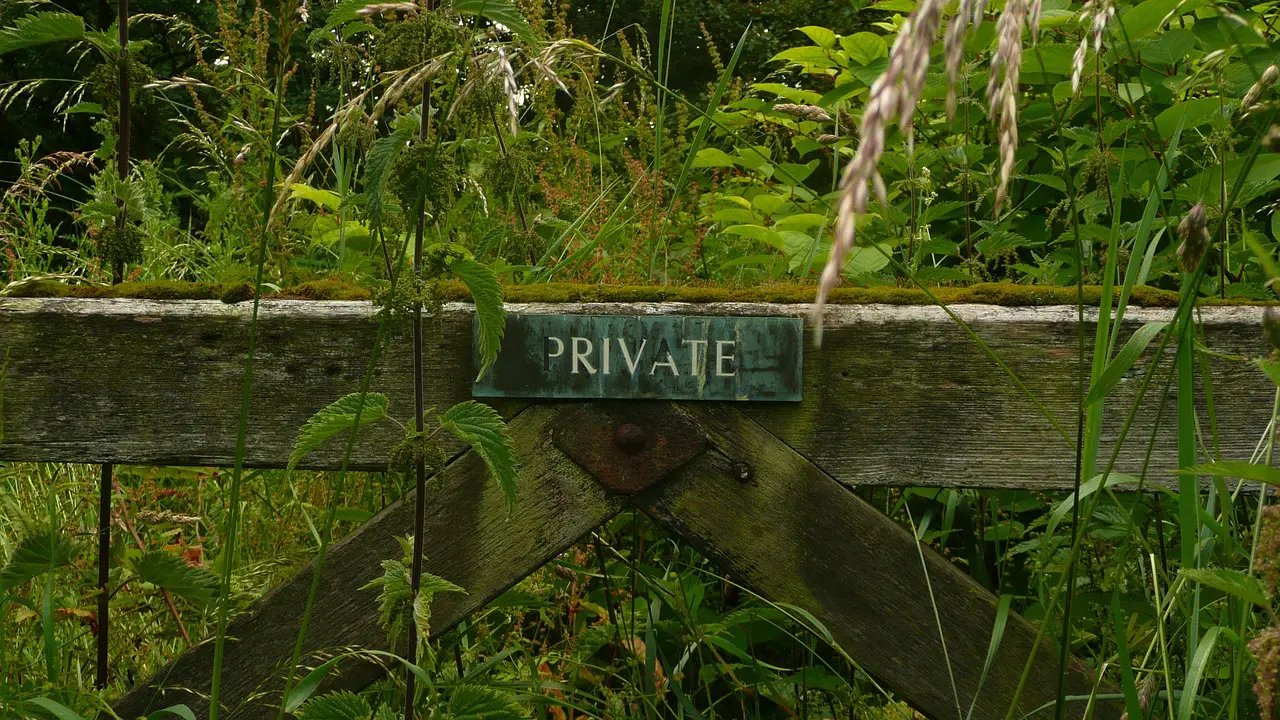Embark on an extraordinary adventure that inspires and captivates your heart—tent camping on private land. This remarkable experience offers the freedom to explore pristine landscapes with minimal human interference, providing a redefined level of privacy and connection to one’s surroundings. In this article, we paint a detailed picture of this unconventional camping getaway.
Discovering the Charm of Private Land Camping Adventure
Diving into private land camping sheds a new light on outdoor experiences. Outdoor enthusiasts are flocking to these unique sites to escape the crowded, regulated campgrounds and indulge in the serenity offered by nature. The undeniable enchantment of tent camping on private land lies in its unparalleled privacy, liberties, and diversity of landscapes.
1. Privacy: An Unequaled Sense of Seclusion
Private land camping allows you the luxury of enjoying your own secluded piece of paradise. No longer do you have to share the campground with countless strangers or be confined within close quarters. Instead, you have the lee-way to hike through untouched woodlands, traverse meandering creeks, and create memories, all at your leisure.
Moreover, without the cacophony of other campers, you can experience the deep tranquility that only Mother Nature offers. You’ll listen to the whisper of leaves rustling in the night breeze, tree branches swaying in harmony, and the hum of cicadas serenading with nighttime lullabies.

2. Freedom: Your Rules, Your Adventure
Camping on private land warrants a wealth of independence in shaping your experience. You can decide what activities to partake in, where to set up camp, and the duration of your stay—all without worrying about campground policies or restrictions.
This newfound freedom also extends to the campfire. On private properties, you’re not limited to predetermined fire rings or strict regulations, giving you the ability to relish the outdoors with friends and family under the mesmerizing dance of ember-lit skies.
3. Diversity: Unrestricted Access to Extraordinary Ecosystems
Private land camping opens doors to an extensive range of ecosystems. You could find yourself surrounded by a lush forest one day and perched atop a mountain overlooking a vast valley the next. The possibilities are virtually endless, and so are the opportunities to observe rare flora and fauna that are often exclusive to these pristine locations.
Navigating the Legality of Private Land Camping
While the thrill of exploring untapped terrains is alluring, you must also take into account the rules and regulations that govern the world of private land camping. To ensure a lawful, enjoyable, and eco-friendly adventure, keep the following points in mind:
1. Seek Permission from the Landowner
The legality of tent camping on private land hinges on obtaining permission from the landowner. In recent times, a myriad of online platforms, such as ‘Hipcamp’, ‘Tentrr’, and ‘LandApart’, have emerged, providing secure options for booking private campsites that come with pre-approved permissions.
These web-based resources not only furnish transparent guidelines for campers but may also include helpful information about local attractions, amenities, wildlife, and more.
2. Determine the Land’s Boundaries and Respect the Owner’s Rights
When camping on private land, it is essential to recognize the property limits and not encroach on the owner’s rights. Research carefully, assess the topography, and pay heed to any fenced areas or signs. Private landowners are more likely to appreciate respectful campers, contributing to a healthy relationship between both parties and making future camping experiences more accessible.
3. Consider Liability Insurance
Many private landowners may require campers to have liability insurance—protection against accidental damages or injuries that may occur on their property. Some online booking platforms, like ‘Hipcamp’, furnish liability insurance coverage as part of their booking service. It’s a prudent step to familiarize yourself with these policies and comply with them.

Embracing Sustainability: The Leave No Trace Principle
Preservation of nature is any camper’s responsibility, particularly when venturing into undisturbed environments on private land. As such, adopt the Leave No Trace (LNT) principles to ensure a lasting, positive impact on the environment:
- Plan ahead and prepare: Obtain the necessary permits, research the camping site, predict the weather, and prepare the appropriate equipment and clothing.
- Travel and camp on durable surfaces: Utilize existing, pre-established camping locations, avoid tender vegetation, and refrain from altering the site.
- Dispose of waste properly: Carry out any trash you create, including food scraps and packaging. Bury human waste in a ‘cathole’ at least 6-8 inches deep and 200 feet away from any water source.
- Leave what you find: Refrain from picking plants, moving rocks, or disturbing historical or cultural artifacts.
- Minimize campfire impact: If permitted, use established fire rings or set up a ‘leave no trace’ fire pan. Opt for small, manageable fires, utilizing sticks and twigs, never live branches.
- Respect wildlife: Observe animals from a distance and never feed or approach them. Ensure that all food and trash are securely stored away from nature.
- Be considerate of other visitors: Respect the tranquility and privacy of fellow campers, maintain low noise levels, and keep pets under control.
The enchanting world of tent camping adventure on private land presents an unrivaled experience that warrants exploration. Find refuge from the daily grind in these untouched terrains where you can submerge yourself in the beauty and serenity of the natural world. By adhering to the legal requirements and adopting sustainable practices, you’re able to live out the tent camping adventure of your dreams. The wilderness awaits!

Leave a Reply
You must be logged in to post a comment.